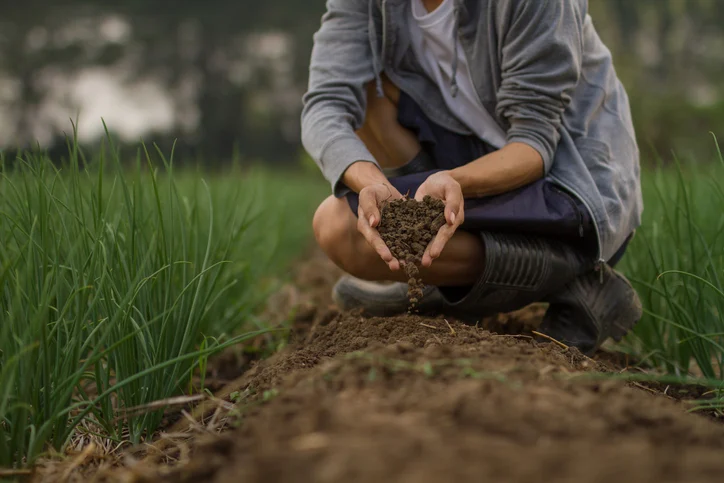
Composting is an ancestral practice that is experiencing renewed interest today. Ecological and economical, it transforms garden waste into a valuable natural fertilizer. But how do you go about obtaining quality compost? And what are the essential steps to follow for successful home composting for better waste management?
What are the basics of composting
Practicing more composting will reduce the need for dumpster rentals! To successfully compost, it is crucial to understand the basic principles. First of all, it is essential to choose a suitable location for your compost pile. Opt for a place sheltered from the wind and accessible to facilitate the regular addition of waste. Also make sure the soil is permeable to promote air and water circulation.
Next, you need to know the essential elements to include in your compost. Green garden waste such as grass clippings, fresh leaves and vegetable scraps provide nitrogen needed for decomposition. Brown garden waste, such as dry branches, dead leaves and straw, provides carbon.
The stages of home composting
To obtain quality compost, it is essential to maintain a balance between green and brown waste. As a general rule, it is recommended to add an equal amount of green and brown waste to your compost pile. Alternate layers to allow even decomposition and avoid bad odors.
Aerate the compost regularly
Good ventilation is essential to boost the decomposition process. Stir your compost pile regularly using a fork or rake to oxygenate the microorganisms responsible for decomposition. Also be sure to maintain adequate humidity by lightly watering your compost if necessary.
Monitor compost temperature
Temperature is a key indicator of the effectiveness of your composting. Ideally, the compost temperature should be between 50°C and 65°C to facilitate rapid and efficient decomposition. Use a compost thermometer to monitor the temperature and adjust if necessary by adding scraps or aerating the pile.
The benefits of home composting
Home composting in Georgia has many advantages both environmentally and practically. By transforming your garden waste into a nutrient-rich natural fertilizer, you reduce your ecological footprint by limiting the amount of waste sent to landfill.
Even more, compost enriches the soil by improving its structure and fertility, which promotes plant growth and reduces the need for chemical fertilizers.
To preserve the environment
One of the main advantages of home composting is its contribution to preserving the environment. By reducing the amount of organic waste sent to landfill, you help limit greenhouse gas emissions, particularly methane, produced by the anaerobic decomposition of waste.
Better still, composting helps preserve natural resources by recycling the nutrients contained in garden waste.
Improve soil health
By enriching the soil with organic matter, compost improves its structure and fertility. The soil becomes more aerated, which promotes the circulation of air, water and nutrients to the plant roots.
In addition, compost acts as a natural fertilizer, providing plants with essential nutrients for their growth, such as nitrogen, phosphorus and potassium. This reduces the use of chemical fertilizers, which is beneficial for both the environment and human health.
Home composting is actually a simple practice accessible to all that allows you to recycle garden waste while helping to preserve the environment. Just follow a few basic principles and invest a little time and effort to obtain a quality natural fertilizer to nourish your plants and enrich your garden.